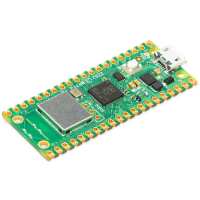
Email:
contact@thepihut.com
Location:
Mann Enterprises LTDHomefield RoadHaverhill, SuffolkCB9 8QP
Cambridge
CB9 8QP

